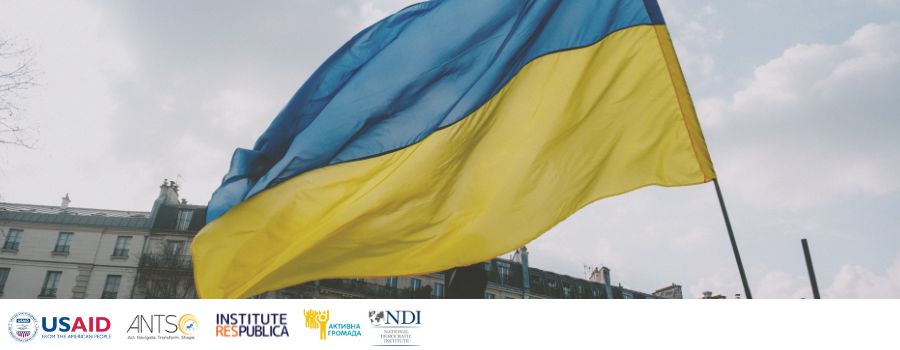In a gesture of support to Ukraine and its population, EU member states have unanimously agreed to extend temporary protection for Ukrainian refugees, reaffirming their commitment to those fleeing conflict and uncertainty.
Against this backdrop, we are delighted to present a groundbreaking study prepared by our esteemed member, ANTS (Act, navigate, transform, shape). In the aftermath of the full-scale invasion of Ukraine, the global Ukrainian diaspora and temporarily protected Ukrainians find themselves at the heart of a complex narrative. A research endeavour led by ANTS has uncovered a myriad of compelling insights into their experiences. In this article, we explore key findings from the study, shedding light on the Ukrainian Diaspora’s resilience and the plight of temporarily protected people.
In the global landscape, Ukrainians who have been temporarily displaced face significant employment challenges, with almost half being unemployed and registered with local Employment Centers. The primary reasons for this unemployment include language barriers (61.4%) and participation in intensive language courses. Nonetheless, an impressive 30.7% of the Ukrainian population abroad remains employed.
Beyond the economic challenges, the study paints a vivid picture of the immense psychological burden faced by many temporary asylum seekers
This profound psychological distress complicates their integration into their host countries and influences their decisions regarding returning to Ukraine. However, the study also highlights the positive impact of staying in a safe environment, gradually improving their emotional well-being and fostering ties with Ukraine through assistance and maintaining close connections with friends and family.
Ukraine’s diaspora has experienced significant growth, especially during the turbulent years of 2014-2016 following Russia’s aggression. Poland, Germany, and the Czech Republic emerged as primary destinations for Ukrainian resettlement. Presently, over 5 million Ukrainians have been granted temporary protection within the European Union, enabling them to live and work across EU borders.
Despite these numbers, the study underscores that the majority of Ukrainians under temporary protection have not yet achieved full integration into their host countries. The challenges include lower living standards compared to Ukraine, language barriers, bureaucratic hurdles, and adapting to the new systems of EU institutions. This situation underscores the need for more active involvement from Ukrainian authorities to preserve and support Ukrainians abroad.
Engagement with the diaspora is paramount. The study strongly recommends strategic dialogues with representatives of relevant state authorities, experts, and members of the diaspora to effectively engage temporarily protected people and the broader Ukrainian community in host countries. Such dialogues can amplify advocacy efforts and help maintain vital ties with Ukraine.
Adaptation strategies among Ukrainians vary depending on their country of residence. These strategies range from assimilation to cultural adaptation and structural integration. The study emphasises the crucial role of support and engagement from Ukrainian communities in host countries in facilitating these adaptation processes.
In the face of pro-Russian influence, Ukrainian communities abroad stand united. The study reveals their steadfast resistance to such influence, often driven by a shared identity, organising public events, and their determination to showcase their Ukrainian heritage.
As Ukraine strives for stability and recovery, the Ukrainian Diaspora and temporarily protected Ukrainians continue to provide unwavering support. ANTS’ research offers a comprehensive view of their lives, challenges, and resilience. These insights serve as a compass guiding policymakers and organisations like ALDA as they work hand in hand to provide meaningful support to these communities, helping them navigate the path to a brighter future.
